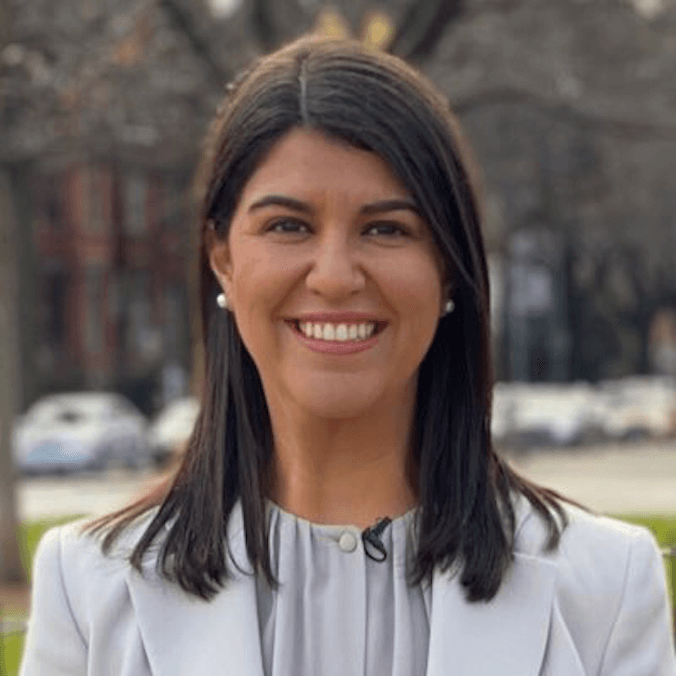We Cannot Afford to Get This Wrong
By • May 6, 2020 0 894

How Mayor Bowser and the District Council respond to the economic crisis in the weeks ahead will shape the long-term path towards D.C.’s prosperity for a generation. We cannot afford to get this wrong.
COVID-19 has delivered a debilitating exogenous shock to the District’s economy. Thousands of small business owners and working families are headed towards an economic precipice. The true scale of this challenge was highlighted by the District’s Chief Financial Officer Jeffery DeWitt. Revised revenue estimates for fiscal years 2020 to 2023 now project a budget shortfall of $721.8 million (8.5 percent of the locally raised dollars in our annual budget) in 2020. That’s set to worsen in 2021 with continued losses in the outer years. The shortfalls are driven by an unexpected erosion in the real property tax base due to business failures and a depressed residential property market. Of the 40 percent of restaurants that have already closed across the District, DeWitt predicts that 20 percent may never reopen and that it may take up to five years for the hotel industry to recover to its pre-pandemic position.
Those who argue that the solution is simply to drain the $1.4 billion “rainy day” reserves fund illustrate an absence of long-term planning, such as the negative impact it would likely have on the District’s bond rating. Furthermore, when other calamities befall us, for example, a second wave of the virus in the fall, it would leave us more vulnerable and unable to respond effectively. DeWitt’s estimated revenue shortfalls are conservative and assume our economy will reopen by the fall. Our current budget also does not take into consideration the cost of contact tracing and testing, which experts agree are crucial to a controlled recovery. But those measures are expensive and would require additional funding even if we depleted our “rainy day” fund.
It’s critical that our Council demand fairness from Congress with respect to federal funding. In fiscal year 2018, the federal government collected more than $28.4 billion in federal taxes from the District. We paid more tax to the federal government than 22 states, with the District contributing twice the average amount of those 22 states. Yet, when Congress passed its $2 trillion COVID-19 relief bill to provide each state with $1.25 billion in relief funding, the District was only allocated $500 million, less than half of what every state received. D.C. will never have adequate budgetary resources to foster economic recovery without commensurate federal assistance. The Council must make this demand their number one priority.
It’s wrong to suggest that supporting economically vulnerable members of our community and ensuring a responsible financial recovery for our city are mutually exclusive choices. Short-term thinking about COVID-19 recovery will yield longer term pain for our community. Beyond the tragic human toll this virus has taken, none in our community need to look far to see the devastating economic impact the virus has caused. We must prioritize direct relief for our small businesses and residents who have been laid off and are struggling. In order to pay for the essential programs for relief and recovery, city services and growth in staffing levels must be critically reviewed and scaled back.
Additionally, the District needs an aggressive program to leverage District tax revenues with funds from philanthropic and corporate funding to help small and large employers in the District survive the disruption of their business and restore jobs as quickly as possible. This will require ensuring that city resources are utilized to help local employers take full advantage of federal programs. In addition, local innovative interest free loan extensions or forgiveness programs can and should be created to further accelerate the restoration of jobs in the District.
We are in the midst of the greatest crisis in modern times. The fact that Ward 2 — home to residents and businesses from the Central Business District to Georgetown, Chinatown, Logan Circle, Dupont Circle and Shaw— has no representation in this moment is dangerous. It is imperative that we elect a leader for Ward 2 that has the ethical standing, business, tax and citywide legislative experience to help our city recover. Our representative must not only have the right priorities but the integrity to execute on a comprehensive plan to invest in the people of our community and the District’s return to financial stability.
Brooke Pinto is the former Assistant Attorney General for Policy and Legislative Affairs at the D.C. Office of the Attorney General where she represented the D.C. Council and many of the District agencies and worked closely on the District’s annual budget. She formerly served as a tax attorney representing the D.C. Office of Tax and Revenue. Pinto is running to represent Ward 2 on the District Council.

